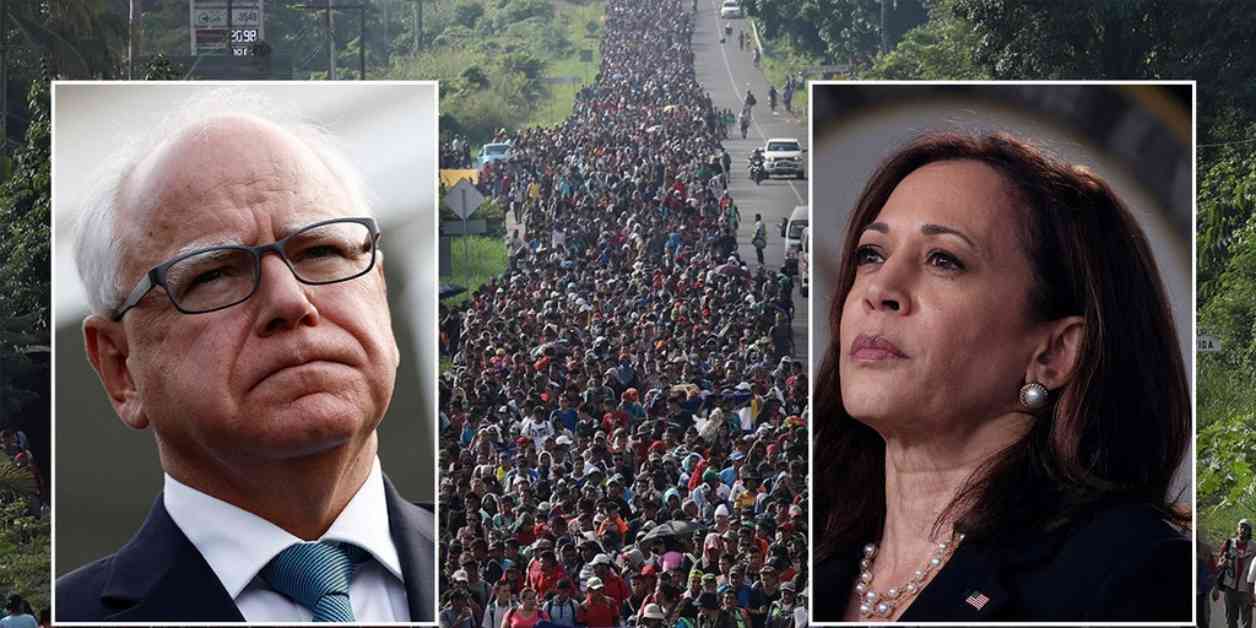Minnesota Governor Tim Walz has come under fire for allegedly providing taxpayer-funded benefits to illegal immigrants in the state. Critics argue that his policies have led to increased costs for public services and a strain on the overall system.
Walz has been a vocal advocate for making Minnesota a sanctuary city for illegal immigrants, stating that local law enforcement should not harass them about their immigration status. He has supported campaigns to provide benefits such as health care, driver’s licenses, and free college tuition to illegal immigrants, which some say is driving up the cost of public services.
One critic, Minneapolis GOP Chair Shawn Holster, expressed concerns about the impact of these policies on taxpayers. He noted that his property taxes have increased significantly to accommodate the additional social services being provided.
In addition to the financial burden, there are also concerns about the potential impact on elections. Holster argued that granting driver’s licenses to illegal immigrants could confer the right to vote, influencing Minnesota elections in the future.
Due to Walz’s welcoming stance towards migrants, illegal immigrants have been flocking to Minnesota, according to Holster. The state has become a destination for those processed at the border in Texas or Arizona due to the availability of social services.
Republican leaders have criticized Walz’s immigration policies, with House Speaker Mike Johnson calling the selection of Kamala Harris as his running mate a dangerous move. They argue that Harris’s support for sanctuary cities and benefits for illegal immigrants align with Walz’s approach.
Despite the criticism, Walz has not responded to requests for comment on the issue. The debate over providing taxpayer-funded benefits to illegal immigrants continues to be a contentious issue in Minnesota, with concerns about the long-term impact on taxpayers and the electoral process.
